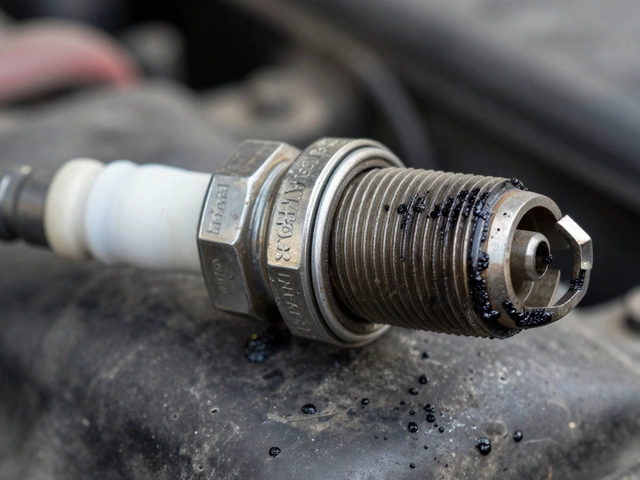Vehicle Alerts: What You Need to Know to Keep Your Car Safe
Ever wonder why that little dashboard light flickers or why your ride feels a bit off? Those are vehicle alerts trying to tell you something. Ignoring them can lead to costly repairs or even danger on the road. Below we break down the most common alerts, why they matter, and what you can do right now.
Common Alerts to Watch For
Air‑filter warnings pop up when the filter is clogged. A dirty filter reduces engine efficiency and can let dust into critical parts. If you see the alert, check the filter and replace it if it looks dark or gritty.
Brake pad warnings often show up as a squeal or a dashboard message. Changing only the rear pads might save money, but it can unbalance braking performance. It’s safest to replace both front and rear at the same time.
Clutch alerts are usually felt as a slipping sensation or a burning smell. Driving with a bad clutch can damage the transmission. If the clutch feels mushy or you hear grinding, get it inspected ASAP.
Suspension alerts are easy to miss until the car starts pulling to one side or the ride gets unusually rough. A bent or damaged suspension compromises handling and wears out tyres faster. Spotting the signs early means cheaper repairs.
Wheel‑rim corrosion warnings, especially for alloy wheels, often appear as discoloration or pitting. While alloy doesn’t rust like steel, it can still corrode if the protective coating is breached. Regular cleaning and proper coating keep the wheels looking sharp.
How to Respond Quickly
First, don’t panic. Most alerts have simple DIY checks: look under the hood, listen for unusual noises, and feel for changes in performance. If it’s a filter or wiper issue, you can often replace the part yourself with a few tools.
Second, keep a basic checklist in your glove box: air filter, brake pads, clutch condition, suspension health, and rim condition. When an alert appears, run through the list to narrow down the problem.
Third, know when to call a professional. Issues like a failing clutch, major suspension damage, or persistent brake warnings need a qualified tech. At Northwich Tyres Centre we can diagnose and fix these alerts quickly, saving you time and money.
Lastly, schedule regular maintenance. A routine check every 5,000 miles catches most alerts before they become emergencies. It also keeps your car fuel‑efficient and safe on the road.
Vehicle alerts are your car’s way of saying, “Hey, give me some attention!” Treat them as early warnings, not annoyances, and you’ll enjoy a smoother, safer drive for years to come.
 5 February 2025
5 February 2025
Does My Car Tell Me When to Change the Oil?
Wondering if your car can notify you when it's time for an oil change? With advancements in car technology, many modern vehicles feature alerts that keep track of oil life and maintenance schedules. This article explores how these notifications work, what happens if you ignore them, and tips for ensuring your car's engine remains in top condition. Whether you're driving a brand-new model or an older car, understanding oil change indicators can save you time and protect your engine.
Tags
- car maintenance
- engine oil
- spark plugs
- brake pads
- engine performance
- vehicle maintenance
- spark plug replacement
- windshield wipers
- fuel pump
- suspension parts
- clutch replacement
- oil change
- clutch kit
- car suspension
- car performance
- air filters
- car radiator
- exhaust systems
- fuel pump replacement
- engine misfire






0